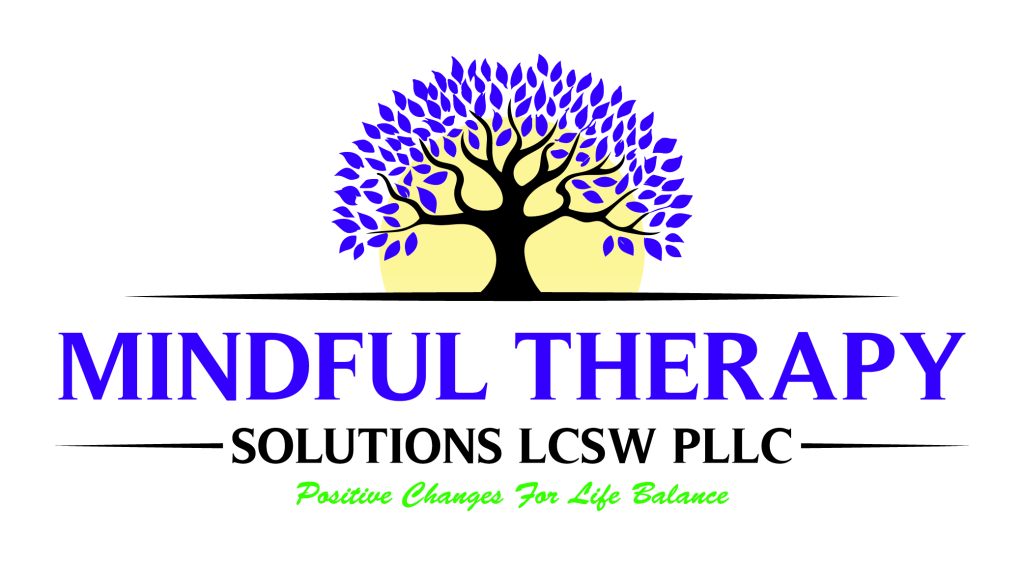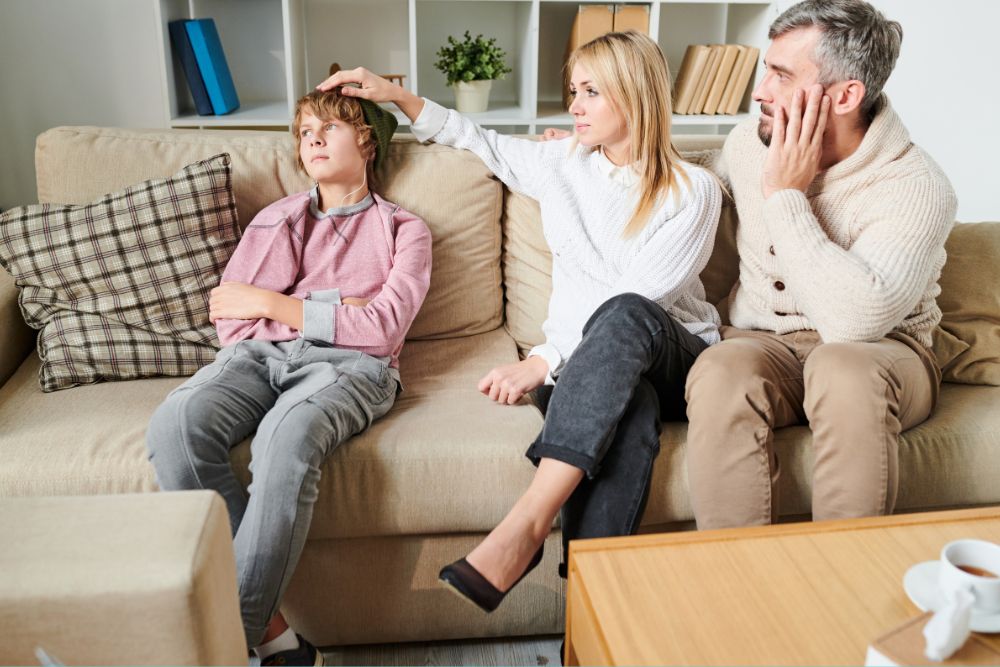As parents, we all want our children to grow up happy, confident, and emotionally secure. But sometimes, despite our best efforts, kids face challenges that go beyond what love and care alone can solve. Understanding when your child may need therapy is one of the most important steps you can take for their mental and emotional health.
This guide will help you recognize the signs that your child or teen might benefit from professional support and explain what steps you can take to find the right child therapist and start the healing journey.
Understanding the Emotional World of Children
Children often express their emotions differently from adults. What looks like defiance or sadness may actually be anxiety, depression, or stress. Childhood experiences—family changes, school struggles, or bullying—can impact emotional well-being and development.
Therapy for kids provides a safe space to express these feelings and learn coping skills. Professional child counseling focuses on helping children identify their emotions, develop problem-solving abilities, and build healthier relationships with peers and family.
Signs Your Child Might Need Therapy
Every child has bad days, but when difficult behaviors become persistent or intense, it may signal that something deeper is going on. Some key indicators that it might be time to explore therapy for children include:
- Frequent sadness, irritability, or mood swings
- Withdrawal from friends, family, or favorite activities
- Changes in sleep or appetite
- Declining school performance or refusal to go to school
- Intense fear, worry, or frequent tantrums
- Aggressive behavior or constant defiance
If these patterns persist for more than a few weeks, or if they interfere with daily life, seeking kids therapy can help your child learn to manage emotions and build resilience.
When Behavioral Issues Go Beyond Typical Development
It’s natural for toddlers and teens to test limits as they grow. But when behavior consistently disrupts home or school life, it may indicate deeper emotional or behavioral concerns.
Behavioral therapy for children helps identify the root causes of defiance, anger, or anxiety. Therapists use evidence-based techniques to guide children in recognizing triggers, expressing emotions appropriately, and improving self-control.
In some cases, early toddler behavioral therapy can be especially effective. For example, if your child struggles with severe tantrums, aggression, or communication difficulties, professional support can help them develop emotional regulation skills from an early age.
The Role of Therapy for Teens
Adolescence brings unique emotional challenges—peer pressure, identity struggles, academic stress, and social media influence. Many teens may seem withdrawn or moody, but ongoing signs of hopelessness, anxiety, or risky behavior should not be ignored.
Counseling for kids and teens focuses on creating a trusting environment where they can talk freely about what’s bothering them. Whether it’s child therapy services for younger children or more structured therapy for kids in their teenage years, the goal is to help them gain perspective, self-awareness, and coping strategies to manage life’s pressures.
What Does Therapy Do for Children
Parents often wonder, “What does therapy do?” or “How can talking help?” Therapy isn’t just about conversation—it’s about skill-building.
In sessions, therapists use creative approaches such as art, play, and storytelling to help children express emotions. They also teach children how to recognize and manage anxiety, anger, and sadness. Over time, therapy can improve communication, enhance confidence, and strengthen family bonds.
For younger children, therapy time for kids may include games and activities that encourage positive behavior. For teens, it often involves discussions around self-esteem, relationships, and coping mechanisms for stress.
How Parents Can Support the Process
Parental involvement plays a vital role in successful treatment. Once you begin child counseling, be open to learning alongside your child. Therapists often provide guidance for parents to reinforce positive habits and communication skills at home.
Encourage consistency by showing empathy, patience, and interest in your child’s progress. Regular communication with the therapist also ensures that home and therapy goals align for maximum effectiveness.
Finding the Right Child Therapist
The process of finding a therapist who connects well with your child can make a big difference in treatment outcomes. Look for a licensed professional experienced in therapy for children, and consider their specialization—whether in anxiety, depression, trauma, or behavioral therapy.
Building comfort and trust between your child and the therapist is key. Many parents start by visiting resources like KidsHealth.org for insights into choosing the right professional, but working with a local provider such as Mindful Therapy Solutions ensures that care is personalized to your child’s unique needs.
Why Choose Us
At Mindful Therapy Solutions, we believe that every child deserves a chance to thrive emotionally and mentally. Our compassionate team of licensed therapists specializes in child therapy services, providing customized kids counseling and behavioral therapy for children based on age, personality, and challenges.
We create a nurturing, judgment-free environment where children can express themselves freely. Using evidence-based practices and play-based techniques, we help children and teens develop emotional resilience, self-confidence, and stronger communication skills.
Whether it’s therapy for kids, toddler behavioral therapy, or guidance for parents seeking support, we walk with families every step of the way—helping them restore harmony and hope.
Frequently Asked Questions
Q1. How do I know if my child needs therapy?
A. If your child shows persistent mood changes, withdrawal, anxiety, or disruptive behavior that lasts several weeks and affects daily functioning, it’s wise to consult a professional for child counseling.
Q2. What types of therapy are used for kids?
A. Therapists often use play therapy, cognitive-behavioral therapy (CBT), and family therapy depending on the child’s age and needs. These child therapy services are tailored to help kids express emotions safely and develop coping strategies.
Q3. Can toddlers benefit from therapy?
A. Yes. Toddler behavioral therapy focuses on early intervention for emotional regulation, social skills, and managing behavioral issues. Early therapy helps children form healthy communication patterns for life.
Q4. What happens during therapy for kids?
A. Sessions may include play, art, or conversation. Kids therapy helps children understand emotions, build self-esteem, and strengthen relationships with family and peers.
Q5. How long does therapy usually take?
A. The duration of therapy for children depends on the issue and progress. Some children benefit from a few months, while others may need longer-term support for emotional stability.
Taking the First Step Toward Healing
It can be difficult to accept that your child needs therapy, but reaching out is an act of love and strength. The earlier you intervene, the better your child’s chances of overcoming emotional struggles and building a brighter future.
Mindful Therapy Solutions is here to guide you through each stage—from finding a therapist to celebrating every small victory in your child’s growth journey.
If you notice signs that your child is struggling emotionally, don’t wait for the problem to grow. Contact Mindful Therapy Solutions today to schedule an appointment and help your child take the first step toward a healthier, happier future.


